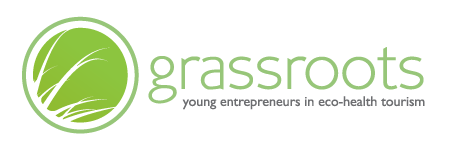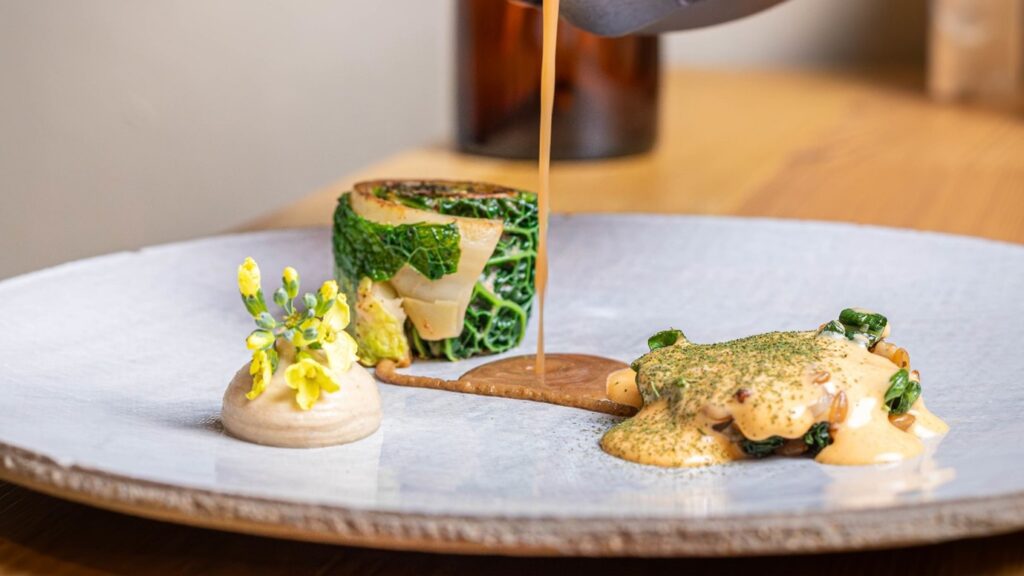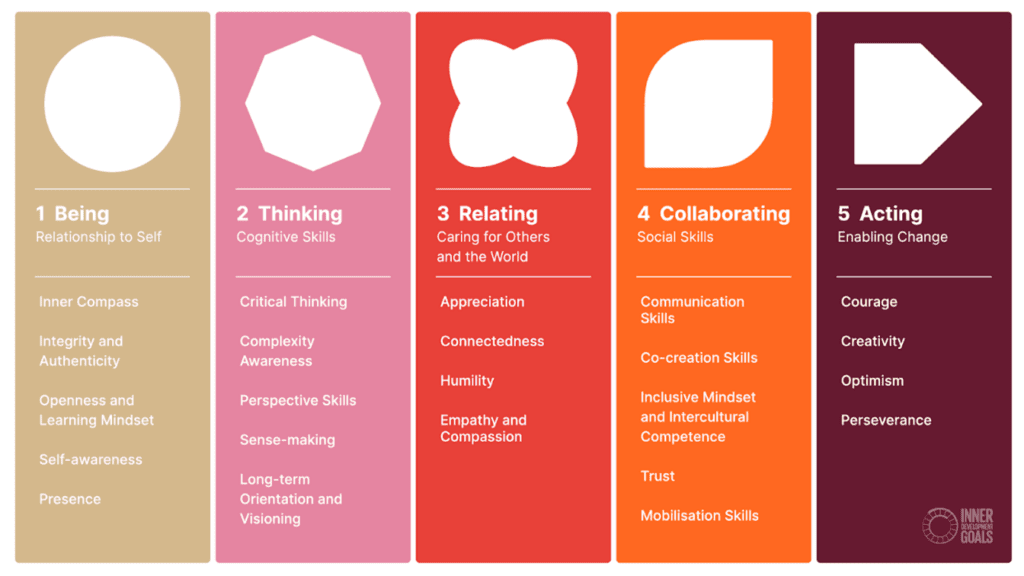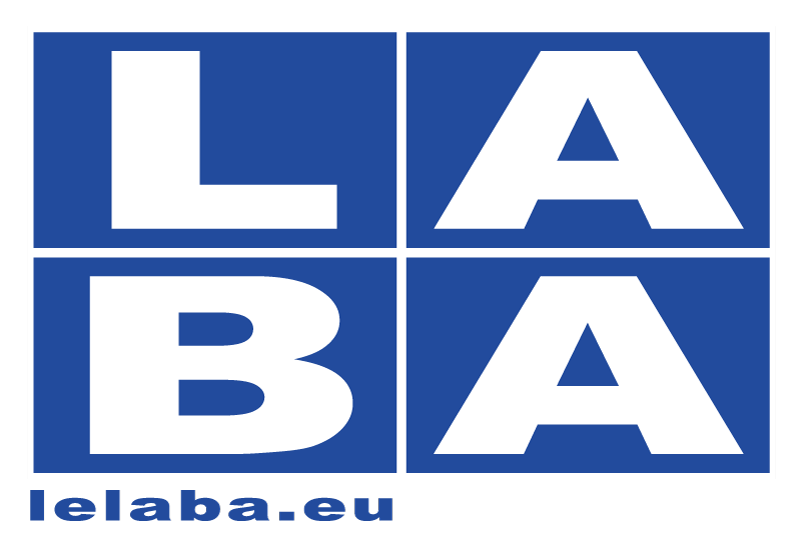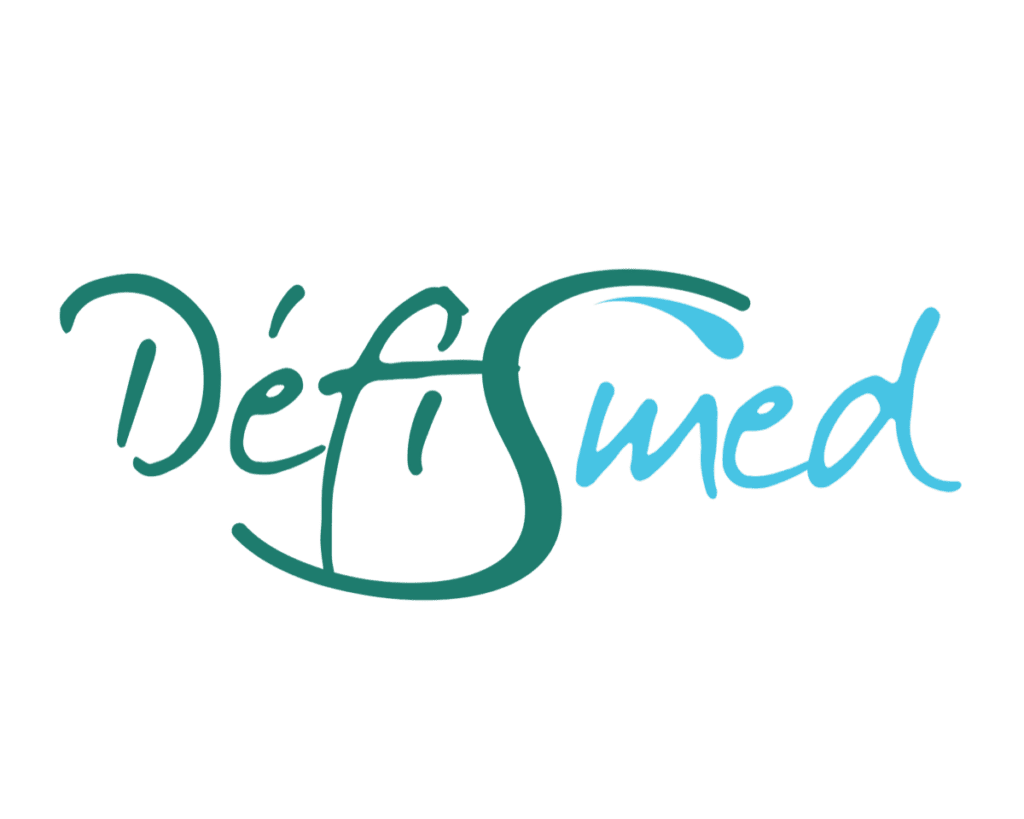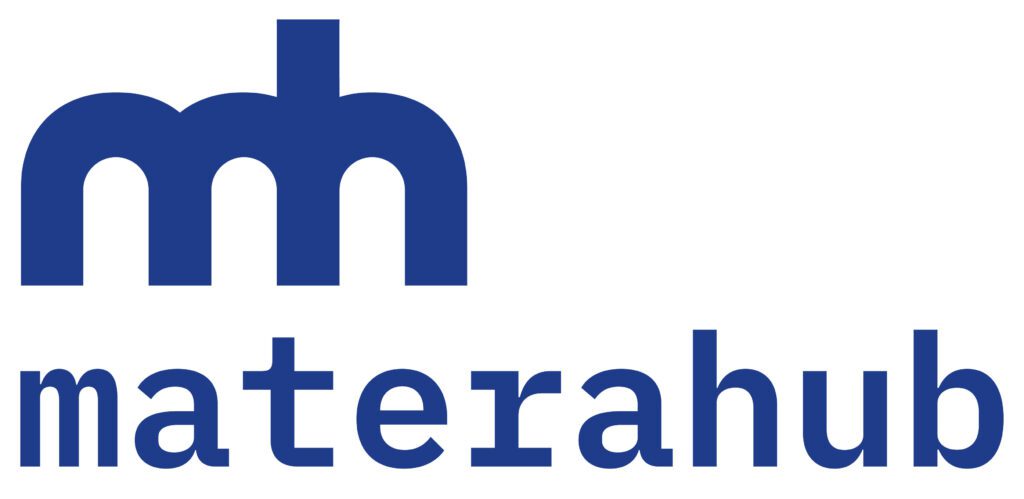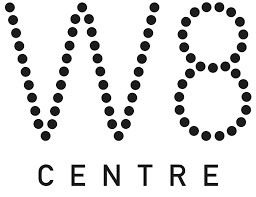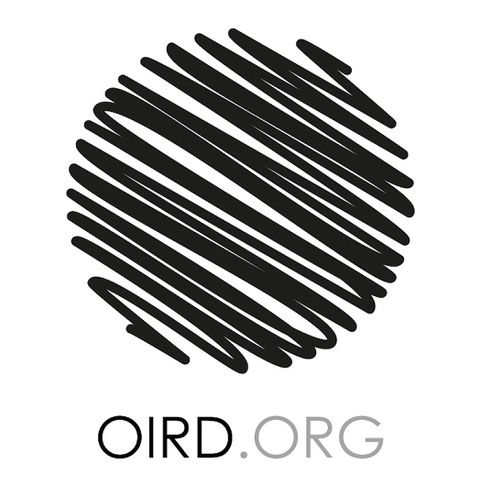An Inspiring Week Focusing on Youth and Eco Health!
I had a pretty incredible week, last week when people from all over Europe attended the second GRASSROOTS Eco Health Tourism Training Week in Brussels (Monday 27 to Friday 21 May 2024)
People, businesses, experiences, youth and partners from all ages (16+) came together, some for the first time and some for the second time to meet in Brussels to learn all about eco-health tourism/sport/culinary/arts/culture and more. What came out of the week was not just learnings, but friendships, laughs, great memories, cultural integration, inspirational stories, and solution-driven strategies which couldn’t be achieved behind a computer. Our minds, personalities, backgrounds and ideas came together underpinned by health, eco, SDGs (Sustainable Development Goals) and the future of Europe activated and achieved something quite fantastic.
Over 25 people approx. came from France, Ireland, Sweden and Brussels. We were a group made up of youth (16-35 years) and the more mature (35+) all representative stakeholders and partners of the eco-health GRASSROOTS project. Our stakeholders and their voices, ideas and strategies are inherently important to the project, so this activity was very important for the project’s success. We got the amazing chance to not only interact with each other, hear each other’s stories and backgrounds and learn from each other but we all were gifted with really important insightful knowledge into the GRASSROOTS youth, their challenges, dreams, future business ideas and who they are as individuals.
From day one it was obvious that everybody had something incredible to offer and share and that they did. Some of the youth that attended already had their own business, some were starting, some were at the cusp of something truly inspirational and others were in a challenging space. It was inevitable that at the end of the week, everybody was aligned, filled with hope, armed with solutions and inspired in some way by the interactions and knowledge exchange which was enabled by the workshops, presentations, experiences and excursions rolled out.
Entropy Restaurant, Brussels
Rethinking Food Surplus, Feeding Hungry Minds and Bodies
Entropy is where there is a degree of disorder and uncertainty in a system.
Learn How One Young Entrepreneur Prioritizes His Food Business on Health, No Waste and Plant Based Healthy Food.
First Priority is the Golden Nugget – Mental Health
One example is where we met Chef Elliott Van de Velde, who owns Entropy, an eco-health restaurant that focuses on all aspects of physical and mental health for staff, zero food waste, healthy plant-based food that combats climate change and food waste and gives back to the community by providing three-course meals for free. Elliot leads his business with health for all first (inclusive of people, planet and staff). For example, instead of working typical long restaurant 12 to 16-hour shifts, most days a week Elliot operates his business only four days a week and opens later and closes later (7-11 pm). So instead of staff having to endure unhealthy split shifts they come in later and finish a little later but at a reasonable hour. Limited opening hours have allowed for a quality of life and balance and maintain mental health and wellbeing.
Burnt Out But Ready to Cook Up a Storm and Feed the Hungry
It all started when Elliot felt burned out from working in a traditional Michelin-starred restaurant. He had a motorbike accident and was in a bed flat on his back for four months. He believed there must be a better way to do this. That and, during COVID when he saw a number of pallets of food going to waste outside a shop, he asked the owner if he could have the food and feed the hungry. From there it all took off.
From Cooking Frozen Pizzas to Michelin Star Quality Chef
Elliot, along with his wife trains the staff who are mainly from marginalized societies. Elliot trains his staff with his Michelin Star skills while he believes they also train him in how to work with people and create a team that works. One of his top chefs started as a 21-year-old unemployed Italian male who only ever cooked a frozen pizza now he is a kitchen master.
Elliot and his team don’t have menus because the food and meals are dictated by what they receive from local produce and what is available on the day, basically what he receives on his doorstep is what he creates his restaurant food from.
Winner Winner Chicken Dinner – Some of Entropy’s Awards and Achievements
- Since 2020 Entropy has saved 400 tons of food designated for waste and fed 250,000 underprivileged people.
- Received the prestigious “Sustainability” award from Gault et Millau.
- Meeting the growing demand for plant-based food is a growing healthier and more environmentally friendly option while also combating climate change while you eat.
- He locally sources 95% of his food from local Farmers with a focus on understanding the journey of the food from farm to plate.
- High community impact and reputation Elliot proudly supports the Hearth Project ASBL.
- SDG Focused Combating the SDGS e.g. Goal 1 Poverty, Goal 2 Hunger.
- Remains focused on staff mental health Owner has trained in individuals without specific chef experience as focused on having the right people to work with for a positive working environment.
There is no doubt that Elliot is truly inspiring and paving the way as a best practice example for eco-health initiatives. His calm and relaxed demeanor backed up by a great atmosphere, positive vibes and good tunes playing in the kitchen during our interview was truly uplifting. Most importantly as Elliot said ‘The greatest gift is I am there for my daughter, she gets a healthy dad, that is content and living his best authentic life’.
https://entropyrestaurant.be/en
Sainte Odile Vinegar
Last of the Four European Crafters of Living Vinegar
Another fantastic eco-health initiative is where young Daphne de Crombrugghe was diagnosed with a retinal disease in 2015 which meant she would inevitably lose her eyesight. Daphne decided not to waste any more time in a job she didn’t enjoy, decided life was too short and went for her dream. She gave up her computer desk job and decided to make living vinegar (100% naturally fermented) out of old oak barrels which take a minimum of 1 month to ferment. In 2023, she created Vinaigrerie Ste Odile in Brussels, intending to reintroduce the production of artisanal Belgian vinegar exclusively made from various local alcohols.
Diving Deep into Organic Farming and Ancestral Gastronomy
Passionate about cooking, gastronomy and food crafts Daphne went to learn about WWOOFING* on an organic farm in Italy, near Modena, to learn how to grow her own vegetables. She learned how to make traditional 26-year-old balsamic vinegar daily, made on-site using ancestral methods. This experience was a decisive moment that transformed my life. Guided by Noma’s fermentation book, she learned the basic techniques of vinegar production. After a few years of experimentation at home, Daphne finally took the plunge in 2021 to embark on this professional path.
She completed an internship of several months at La Guinelle, one of the rare vinegar factories in France producing high-quality vinegar using a traditional method. This experience was decisive for her initiative. It was there that I understood the crucial importance of raw materials and know-how in the natural fermentation process.
Learning the Craft Without Sight
What is unique about Daphne is she is learning how to run her business without her sight. She is trying to rely on her other senses and develop her production area and shop relying on sounds, taste and touch to enable her to run her business when she can no longer see.
Learn more about Daphne’s story https://www.sainteodile.com/contact-1
* WWOOFing is a global movement that aims to reconnect men and women to the land by volunteering in organic farming practices. Volunteers (WWOOFers) are welcomed into small, human-scale operations where families or groups live and work.
Let’s Explore One of Many of Our Amazing Eco-Health Youth Attendees
On one of the nights at the dinner table, I sat with a few of our younger attendees. I started talking to two young girls who were aged 20/21, they had just finished their exams and explained they have an eco-health initiative that focuses on eco-tourism by redistributing over-tourism to low-impact nature-based activities in more remote areas. They invite tourists in busy areas to join them for a FREE kayak ride and explore nature in the outer suburbs of Sweden.
We Met Our New Best Friend and Mentor Under a Tree in a Park
Their idea came about was they met an older man in his 70s in a park under a tree. When they talked to him, they couldn’t believe that he was 70, he looked like he was in his 50s. Intrigued to learn his youthful secrets and more about his joyful spirit they’d befriended and this man and the newfound trio came up with the idea to engage in nature and health more. This man agreed to lend them his six kayaks so they could use them to give free excursions to tourists to help protect the environment and provide a healthy activity and business initiative. He educated the girls on how to kayak, eat healthily, connect with nature, have a healthy mindset, connect with people through a fun activity experience and ultimately embrace the world in a holistic healthy way.
Changing the World One Person and One Kayak at a Time
The trio started the venture 4 years ago when the girls were 16. They love what they do and continue to do so. They love that they get to enjoy what they love (kayaking), give something back to people and protect their natural environment.
What they find surprising is most people have never kayaked and most continue to continue the low-impact environmental activity when they go home. This is a great example of how intergenerational knowledge and support can inspire young people to achieve their dreams while at the same time improving how we live and interact with our fragile environments.
Internal Development Goals (IDGs)
One of my key learnings was about the Internal Development Goals (IDGs). There are so many highlights but this one I believe is important to share. I believe they are hugely fundamental to the progress of the world, Europe, youth or any other generation achieving the Sustainable Development Goals (SDGs)
The Inner Development Goals Framework simplifies a complex field of human development to help us better identify, understand, communicate develop integrate the inner skills needed for sustainable development.
In 2015, the UN Sustainable Development Goals (SDGs) provided a comprehensive plan for a sustainable world by 2030. However, progress is not happening fast enough, and we urgently need to increase our collective abilities to face and work effectively with complex challenges.
This is why we are co-creating the Inner Development Goals (IDG) – a non-profit, open-source initiative committed to fostering inner development towards more sustainable futures. We research, collect, and communicate science-based skills and qualities that help us to live purposeful, sustainable, and productive lives.
https://innerdevelopmentgoals.org/
Last but not least to the amazing group who attended, collaborated, shared and inspired the GRASSROOTS eco-health training week.
Written by Laura Magan, Momentum
That’s me (the Blondie one at the front with the cream jacket)
